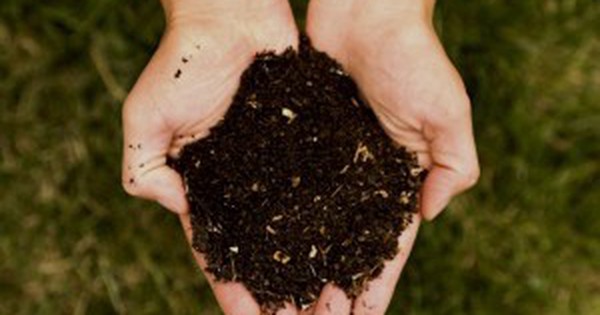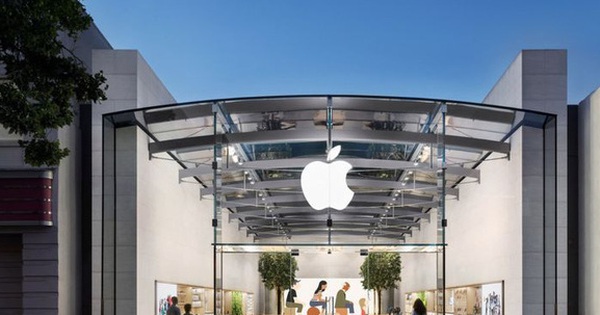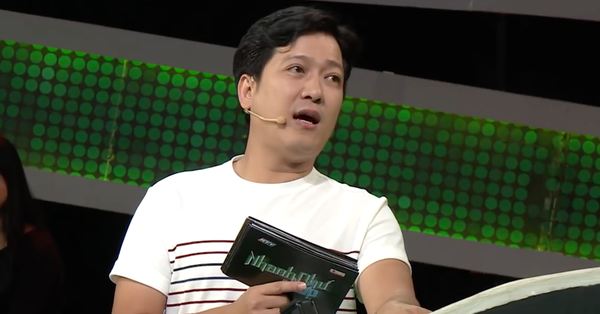The world is running out of “black gold”, food, medicine and climate are all threatened
Jo Handelsman, author of “A World Without Soil” and a professor at the University of Wisconsin-Madison, told CNBC: “There are places that have lost all their topsoil.”
The impacts of land degradation could cost a combined $23 trillion in food, ecosystem services and income worldwide by 2050, according to the United Nations Convention to Combat Desertification.
“We identified 10 threats to soils in our global report. Soil erosion comes in at number one because it’s everywhere,” said Ronald Vargas, secretary of the Global Soil Partnership. and the Land and Water Officer at the Food and Agriculture Organization of the United Nations, told CNBC.

According to the United Nations, soil erosion could reduce crop yields by up to 10% by 2050. That equates to the removal of millions of acres of arable land.
And as the world loses its land, food supplies, clean drinking water and biodiversity will be threatened.
Furthermore, soil also plays an important role in mitigating climate change. According to the Columbia Climate School, soil contains three times as much carbon as in the earth’s atmosphere and four times more than in all living plants and animals combined.
“Soil is home to more than a quarter of the biodiversity on the planet. Every gram of soil contains millions of bacterial and fungal cells that play a very important role in all ecosystem services,” said Reza Afshar. , principal scientist at the regenerative agriculture research farm at the Rodale Institute, told CNBC.
The Rodale Institute in Kutztown, Pennsylvania is known as the birthplace of modern organic agriculture.
“The projects we do here are focused on improving and regenerating soil health. We have a trial farming system that has been running for 42 years,” Afshar said. This is the longest parallel comparison between conventional and organic grain farming systems in North America.
Research has found that regenerative organic farming produces up to 40% more yields during times of drought, can give farmers greater profits and emits 40% less carbon emissions. with conventional farming methods.
How could that happen? The Rodale Institute says it all starts with the soil.
“When we talk about healthy soil, we are talking about all aspects of the soil, chemical, physical and biological that must be in perfect condition to be able to produce healthy food for us, ‘ Afshar said.
This is important, of course, because the world relies on soil to produce 95% of our food. But that’s just the beginning when it comes to its importance.
“The good news is that we have enough knowledge to get started on this,” Dianna Bagnall, a soil scientist at the Soil Health Institute, told CNBC.
at Blogtuan.info – Source: Afamily.vn – Read the original article here



